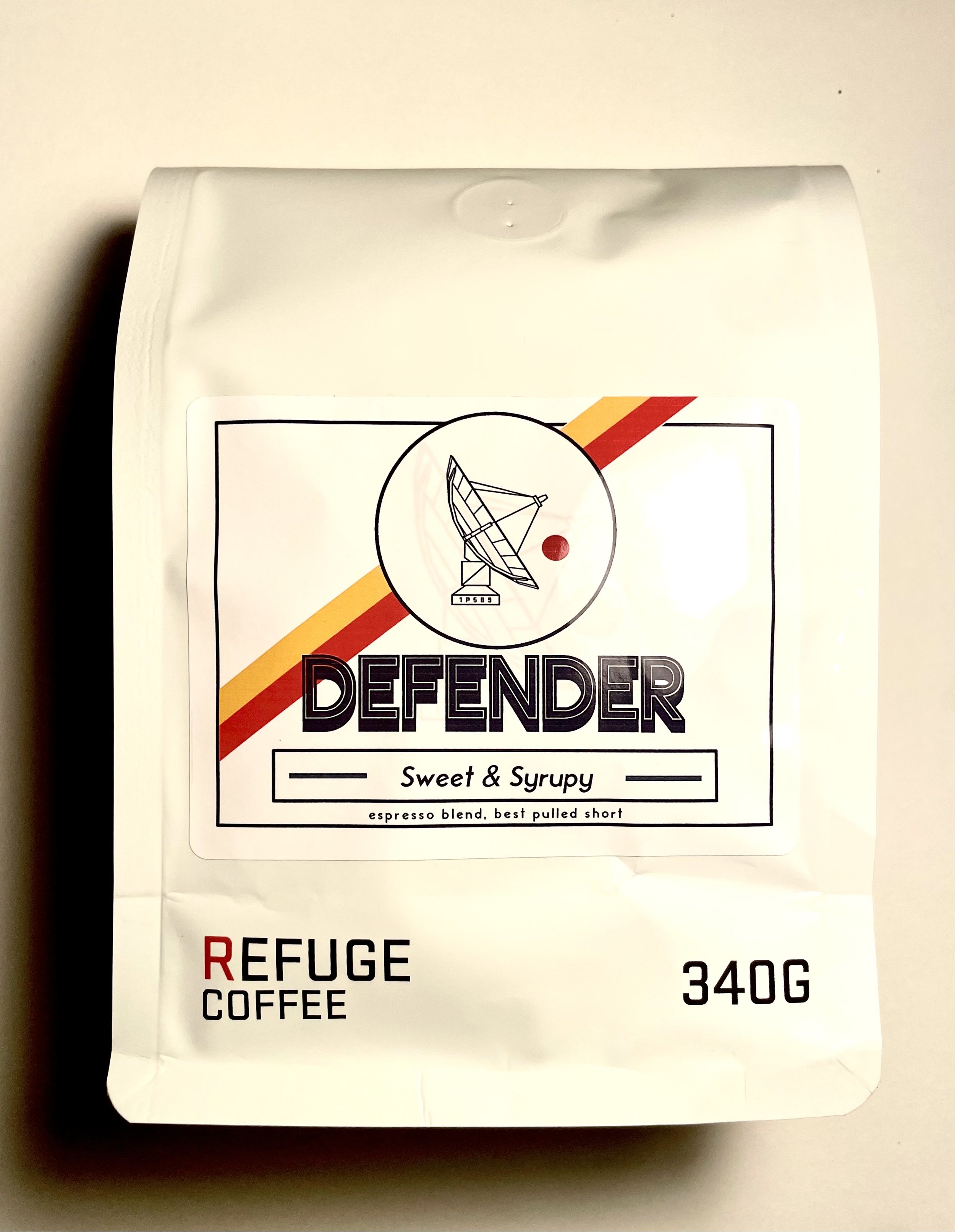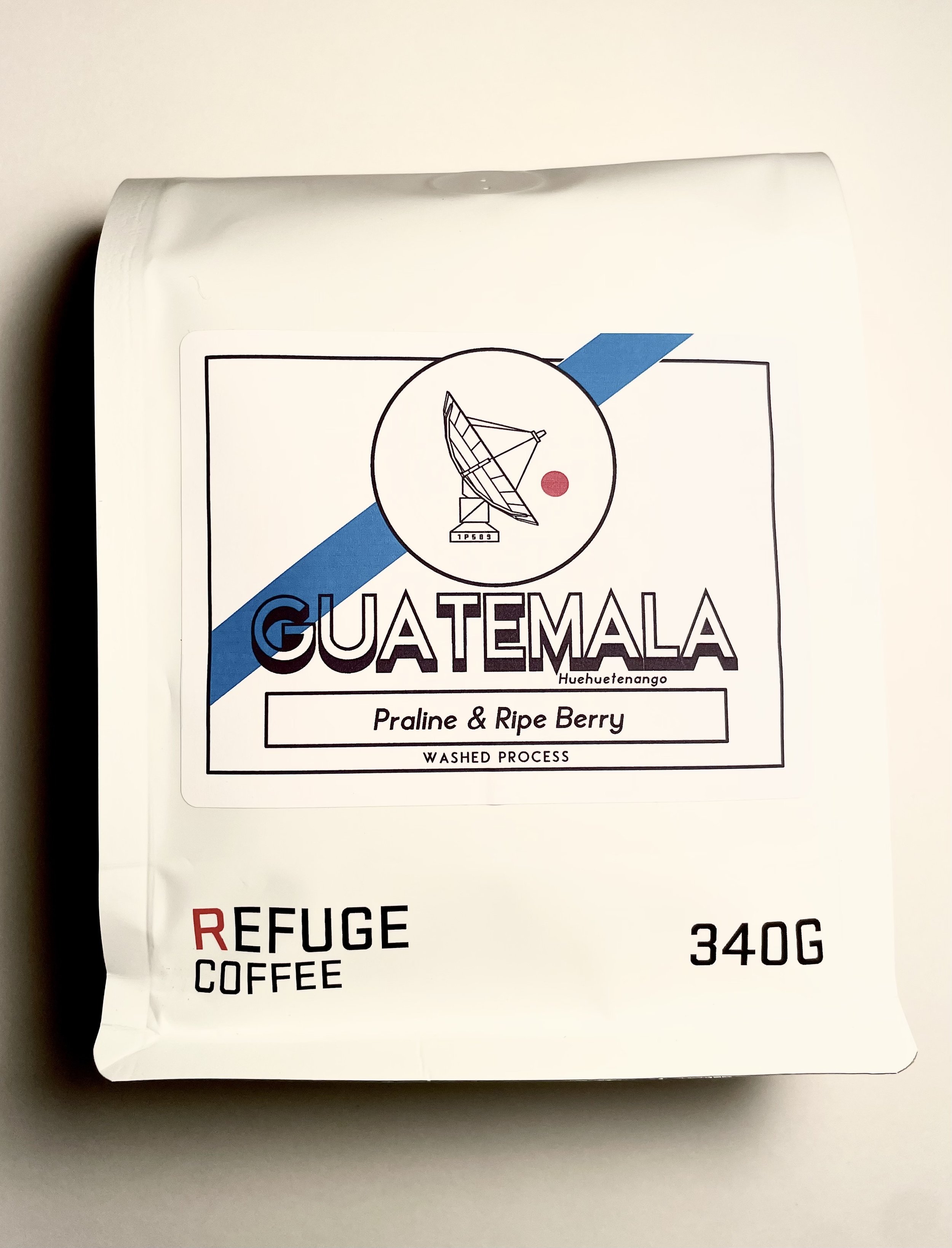Why Fresh Roasted Coffee Beans Make a Difference
Coffee Freshly Roasted From our Roastery in Fairhope Alabama.
Why Fresh Roasted Beans Make a Difference
If you walk into a specialty coffee shop and look at the beans for sale, or talk to a barista behind the bar, you might hear the term “freshly roasted” applied to the coffee being brewed or for sale.
But what makes a coffee roast “fresh?” How much does the roasting process affect your coffee’s freshness and taste? Is there really a difference between fresh roasted and regular coffee beans?
We’ll go over everything you need to know when you see that “freshly roasted” tagline on your coffee of choice.
What Is Fresh Roasted Coffee?
The freshness of a coffee bean just means how soon it’s been since that coffee’s roasting date. The fresher a coffee, the more flavors it holds.
However, a freshness date isn’t as simple as a “best if used by” date.
Coffee goes through several complex chemical changes that affect the flavor of coffee, both during the roasting process and well after it’s ready for use. To fully understand freshness, we need to take a look at what the roasting process itself does to coffee.
At Refuge, we focus on ensuring our beans are as fresh as possible, getting them bagged and sealed or ready for serving right after roasting.
What Happens During Roasting
Jim McLean, head roaster and owner of Refuge Coffee, checking on his roast
When green coffee is roasted, the moisture in the beans begins to evaporate and build up gaseous pressure that stays locked inside. They continue to build with the heat until they reach a breaking point and rupture the outer shell of the bean, resulting in the “first crack.” Paired with this is an effect known as the Maillard reaction.
The amino acids, oils, and sugars in coffee react with heat from the roaster and drastically change their chemical structure, resulting in a brown, caramelized bean.
Hundreds of new aromatic and soluble flavor compounds come about during this process.
Though these processes give the humble coffee bean its astounding flavor when brewed, they don’t last forever. This is where a coffee’s freshness comes into play.
How Freshness Affects Flavor
The fresher the roast, the closer you’ll be to that coffee origin’s flavor profile. Flavor complexity in coffee peaks roughly five to seven day’s time.
Fresher beans usually have a brighter, more layered flavor. You’ll know a coffee is stale when a freshly brewed batch tastes flat, bitter, or dull.
What makes a coffee go stale is the oxidation process. From the moment a coffee leaves the roaster, the beans begin degassing as they’re exposed to air. That’s why a coffee shop smells so good all of the time: all of the fresh beans slowly release their aromatic compounds into the air to give that warm, caramel smell.
Moisture and light exposure also speed this up, so be sure to store your coffee beans in a cool, dry, and dark area for maximum freshness.
Whole Bean Coffee vs Ground Coffee Freshness
Freshly Ground Coffee in a Hario V60 Filter
Another factor in freshness is grinding your coffee.
A whole coffee bean is able to contain all of its delicious goodness sealed within its husk, but grinding instantly disperses those aromas and flavors, allowing oxidation to happen even faster.
Ground coffee will begin to go stale after just a day or two, whereas whole bean coffee will stay fresh for at least a week from roasting.
Grinding your coffee just before brewing ensures the best taste.
How to Tell if Your Coffee Is Fresh
An easy thing to ensure your coffee is fresh is checking for a roast date on the bag. If it’s within a week of the date, then you’ll know your coffee is up to snuff.
If you’re ready to make something like a pour-over, but still aren’t sure of its freshness, then smell the bloom during extraction. The more aromatic and flavorful, the newer your coffee.
Most coffee bags also have vacuum-sealed bags with a one way valve for degassing built in. These special bags, like the ones Refuge uses, allow your coffee to degas properly without any air getting in to spoil its freshness.
Why Refuge Coffee Roasters Cares About Freshness
At Refuge, we make it our priority to ensure our coffee is as fresh as can be. One way we do that is through our small-batch roasting.
Roasting our coffee in smaller quantities allows us to keep a closer eye on the roast and make sure each batch is carefully processed to its full flavor potential. We also keep careful track of when each roast is done and date every one of our specialty bags accurately.
Each bag is also shipped to where it needs to go within 48 hours of its roast date, ensuring it arrives as fresh as possible. We feel that good coffee comes from being intentional at every step of the process, and freshness is a core part of that.
Want to Grab Your Own Freshly Roasted Coffee?
Try our classic Defender Espresso, or some of our lovely signature blends like Desert Rose and Big Sur, all freshly roasted every week. Order your coffee online for shipping or pickup! Or stop in and pick up a bag at either of our shop locations.
Defender Espresso Blend - 19.00
Sweet & Syrupy - Guatemala, Brazil, Colombia
Guatemala Huehuetenango - 19.00
Praline / Berry






